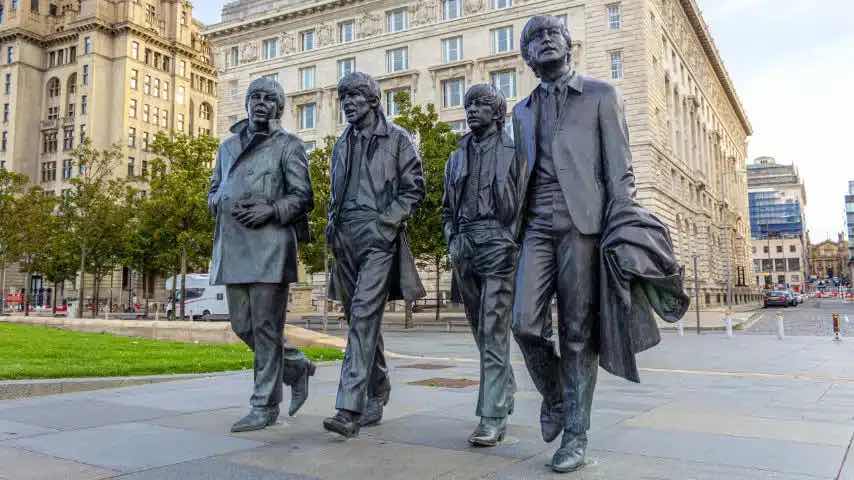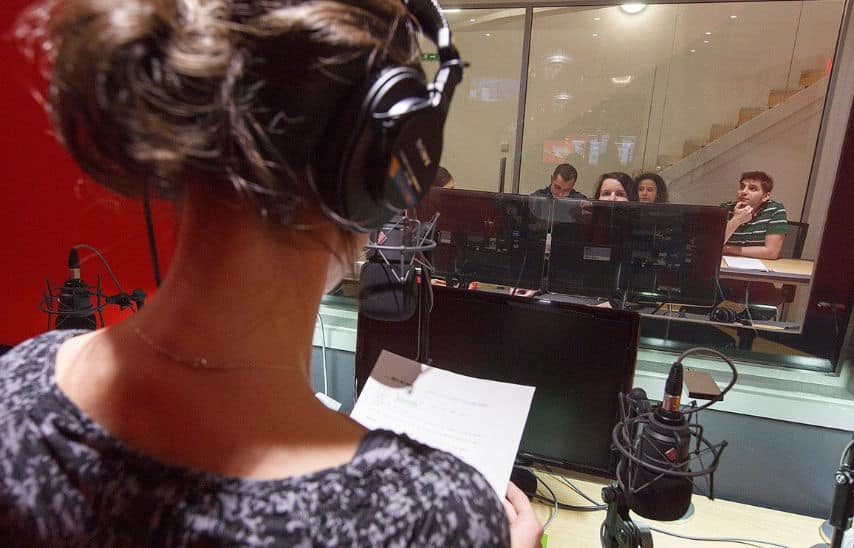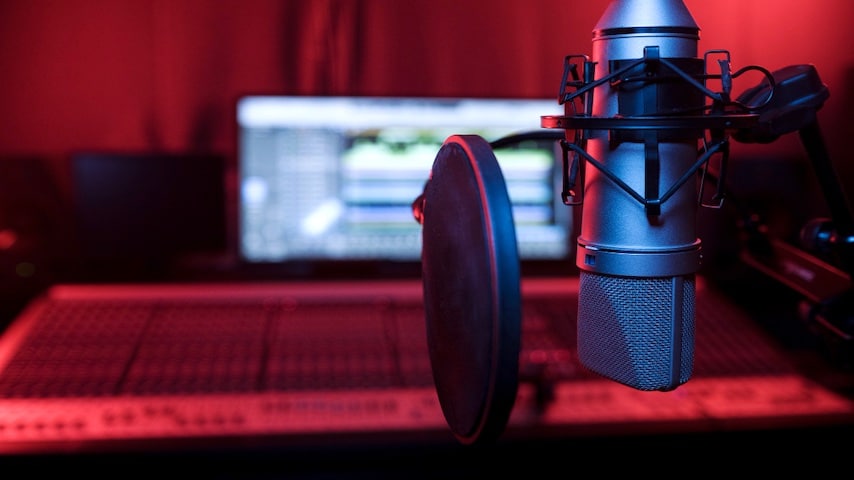The Scouse accent is one of the most recognised English accents thanks to the iconic band The Beatles, who originated from the City of Liverpool.
Known as ‘scousers’, those that speak with the accent are generally from central Liverpool and the surrounding Merseyside area.
Scouse is famed for its melodic sound which some people love, and other people loathe. Whichever way you feel about the Scouse accent, there’s one thing to agree on – it’s certainly unique!
In this article we focus on the Scouse accent and how to mimic it, we’ll also give examples of famous people who speak Scouse and a little bit of information about the history of Liverpool too.
GoLocalise specialises in voiceover services and can help you to source a Scouse voice actor for your project. No matter the scope, we’re happy to assist and have authentic Scouse voice over artists awaiting.
Table of Contents
ToggleScouse Accent Origin
The Scouse accent has humble beginnings, quite literally. As a port town throughout history, Liverpool has welcomed an influx of migrants and visitors, with a large proportion traveling from Ireland and Wales.
If you’re wondering where did the Scouse accent come from, there isn’t a single answer!
The word Scouse is a shortened version of the word lobscouse, which was a type of stew eaten by sailors and pays homage to the city’s fishing roots.
You should know however, that the accent is instead an amalgamation of many, which is why Scouse can sound unlike any other English accents.
The instantly recognisable accent’s origins date back to the 19th century, when Liverpudlians started to pick up slang from far and wide.
Both the dockland and railway industries developed their own Scouse slang, with many words still being used today.
Are Liverpool and Scouse Accents the Same?
An English Scouse accent can be considered different from a Liverpool accent, though many people from England would say they’re the same.
Liverpudlian accents are often referred to as Scouse, whereas not everybody from the city has a Scouse accent. So, don’t be quick to call somebody from Liverpool a Scouser!
How to Do a Scouse Accent?
There are competitions held for accents, and often more than not, an English Scouse accent is one of the tasks.
Listen to Howard, one of Golocalise’s English voice artists, speaking with a Scouse accent:
If you want to know how to do a Scouse accent, you’re in the right place – though we’d always say leave it to the voice professionals.
There are a number of rules to keep in mind when learning how to do a Scouse accent:
- The letter ‘t’ often becomes an ‘r’ sound. For example ‘not a’ becomes ‘norra’.
- The letter ‘r’ is generally non-rhotic, meaning that the sound is silent except when it comes after a vowel sound. For example, bird becomes bid.
- The ‘ou’ sound usually becomes an ‘e’. For example, you what? Would be ye wha?
- The letter ‘d’ is generally dropped at the end of words. A good example is lad which becomes la’ in Scouse.
Scouse slang is also very prominent within the accent.
Unlike received pronunciation which is widely accepted as the standard form of British English, you will hear all sorts of slang words when visiting the city or speaking to somebody from Liverpool, much like you would with a Cockney or Brummie accent.
Some scouse accent words include:
- Kidda – kid
- Butty – sandwich
- Blag – lie
- Bizzies, de’ – police
- Bevvy – beer
- Bail – go away
- Az if – I don’t believe that
- Clobber – clothes
Scouse Accent Examples
There are many examples of Scouse accents in popular TV and music. As mentioned, Paul McCartney from The Beatles has a typical Scouse accent.
Alongside Mr. McCartney, other celebrities with scouse accent include Martin Freeman, Michael Gove, Amy de Bruhn, and Daniel Craig.
In the TV series, Line of Duty, many of the actors and actresses speak with a Scouse accent too.
Voice Over in All British English Accents
For your Scouse voiceover project, always choose GoLocalise. We work with authentic Scouse accent artists in the Liverpool area who are able to assist no matter the scope of your project.
As one of the most recognised accents in the UK, choosing an English voice over agency that is dependable and has a good reputation is key.






















